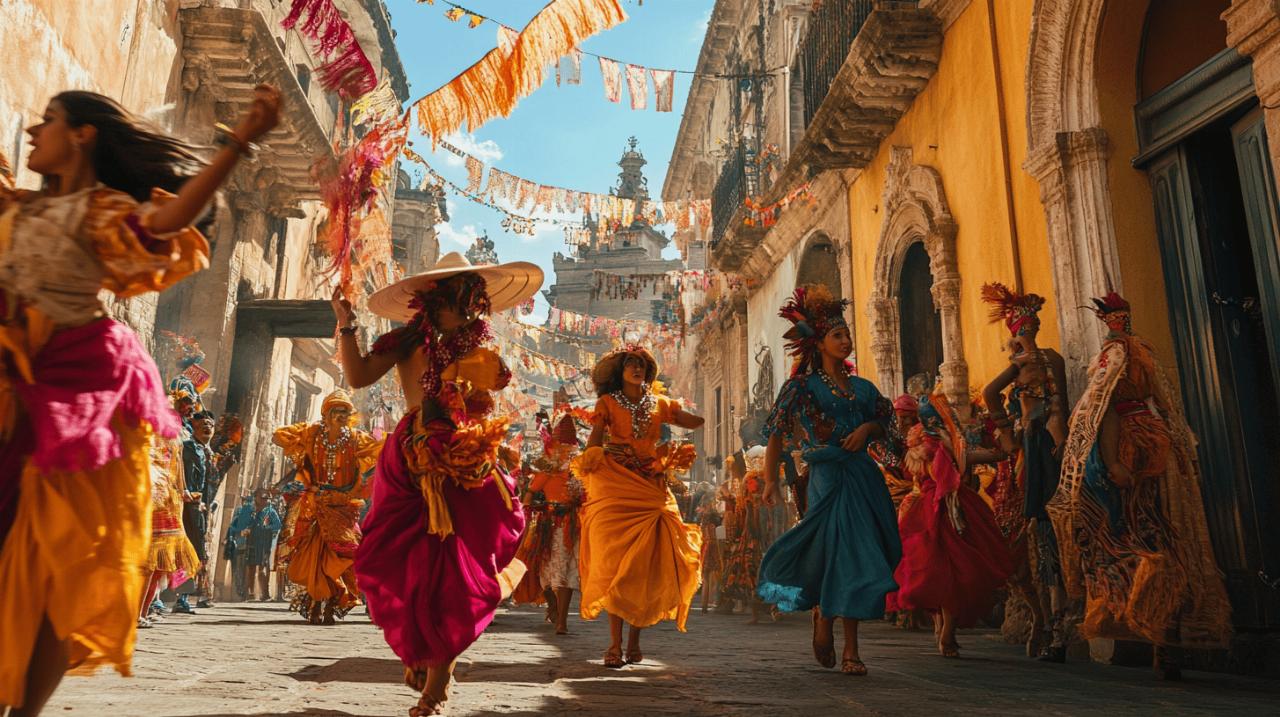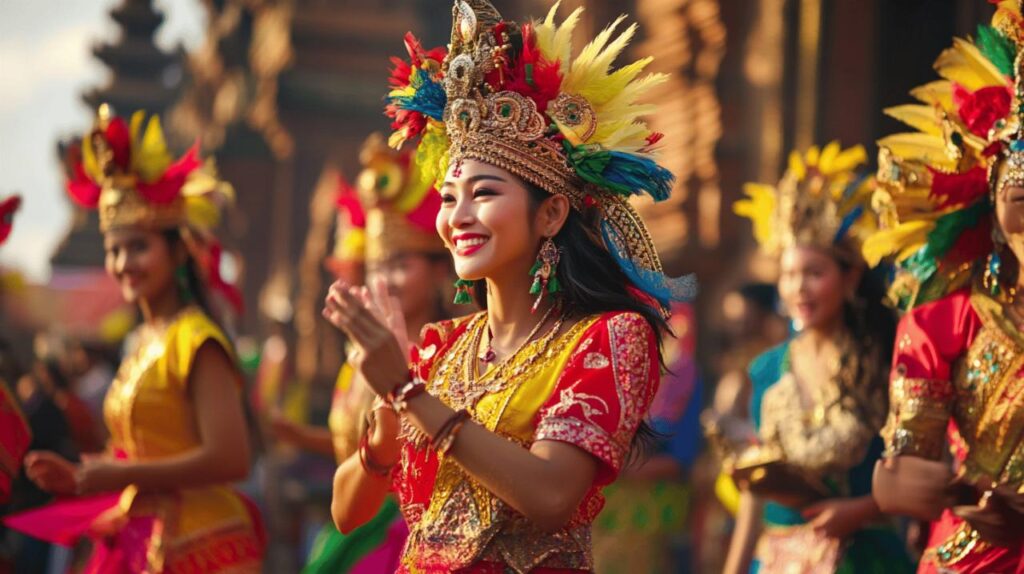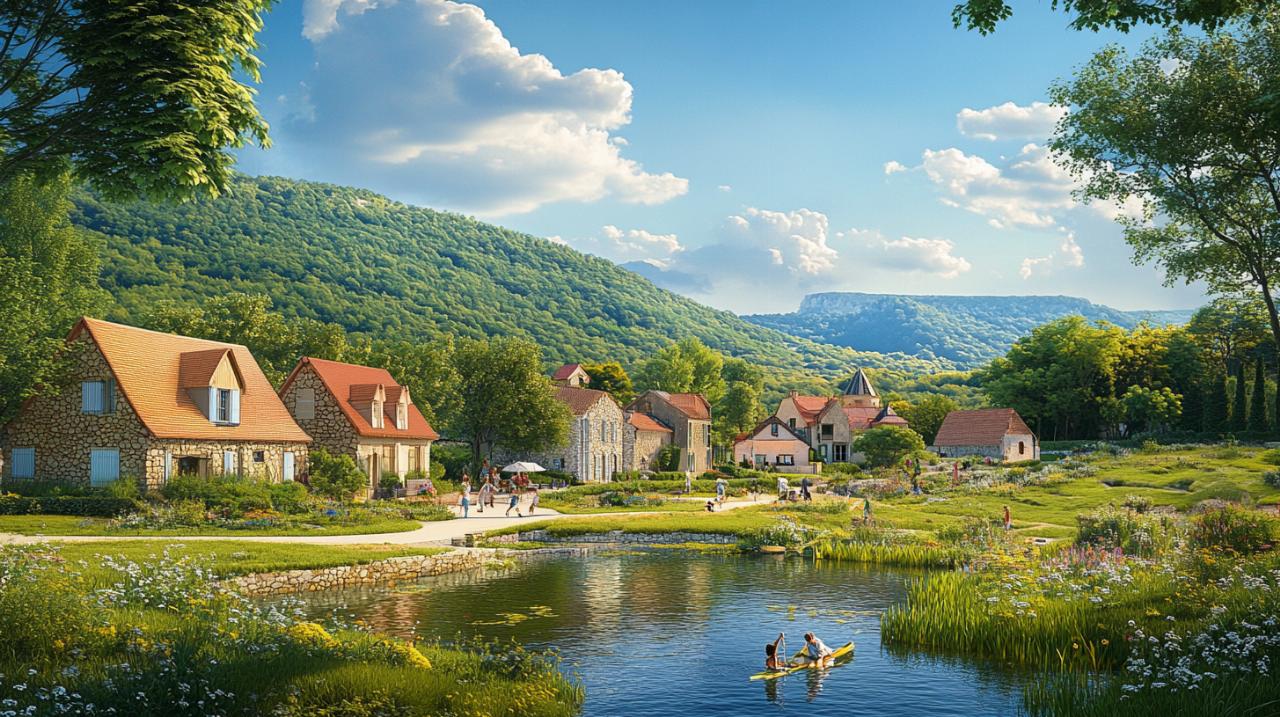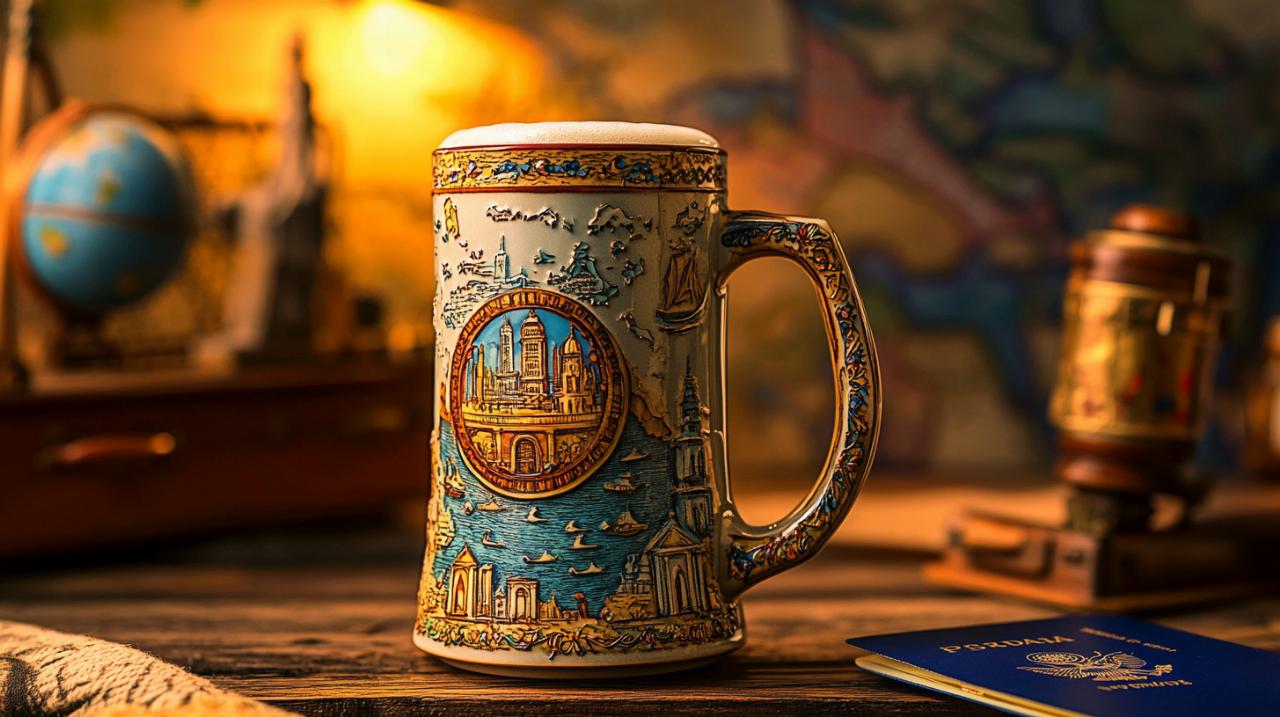In today's interconnected world, where travel has become more accessible than ever, cultural exploration remains one of the most enriching experiences for the modern adventurer. As we delve into the fascinating realm of cultural treasures, we find ourselves drawn to authentic experiences that transcend typical tourist attractions. These journeys offer not just sights to behold, but meaningful connections with the places we visit.
Discovering hidden cultural landscapes
Beyond the well-trodden tourist paths lie countless cultural gems waiting to be discovered. Recent articles from Travelling Dolls highlight destinations like Dakhla Beach in Morocco, where wild adventures merge with rich cultural experiences, creating a tapestry of memorable encounters for travel enthusiasts. These hidden landscapes offer far more than picturesque views; they provide windows into ways of life that have evolved over centuries, often preserving traditions that have disappeared elsewhere.
Off-the-beaten-path heritage sites worth visiting
While UNESCO World Heritage Sites attract millions of visitors annually, numerous lesser-known cultural treasures offer equally rewarding experiences with fewer crowds. Consider exploring Malbork Castle in Poland, a magnificent brick fortress that tells the story of medieval military architecture and the Teutonic Knights. Similarly, archaeological sites like Mycenae in Greece provide glimpses into ancient civilizations that shaped our modern world, yet remain relatively uncrowded compared to their more famous counterparts in Athens.
For those planning their next cultural adventure, search tools for holiday rentals have made it easier to find accommodation near these hidden gems. The rise of vacation accommodation options in remote areas has opened doors to exploring sites previously difficult to access without lengthy day trips from major cities. This accessibility has transformed how adventure seekers approach cultural travel, allowing for deeper immersion rather than hurried visits.
Local traditions that shape cultural identity
The heart of any cultural landscape lies in its living traditions. In Hanoi, Vietnam, cultural heritage and festivals continue to play vital roles in community life, as recently featured in travel blogs. These celebrations offer far more than entertainment; they serve as living museums where cultural practices are maintained and passed to new generations. From culinary adventures sampling authentic local cuisine to participating in seasonal festivities, these experiences provide insight into the values and histories that shape cultural identities.
Australian Dollar spending travellers often report that their most memorable experiences come from unexpected encounters with local traditions rather than planned tourist activities. Whether learning traditional crafts from artisans or witnessing religious ceremonies, these moments of connection transcend language barriers and create lasting impressions that transform a simple holiday into a profound journey of discovery.
The adventure-seeker's guide to cultural immersion
The modern travel enthusiast exhibits distinct behavioural patterns that influence how they approach cultural exploration. Research shows they value stimulation and excitement, being 17% more likely to desire lives full of novelty and challenges compared to average travellers. This thirst for authentic experiences drives them beyond comfortable tourist bubbles into more meaningful cultural encounters.
With 43% of adventure travellers describing themselves as active and 67% exercising at least twice weekly, physical engagement with cultural landscapes through hiking historical routes or cycling through heritage sites has become increasingly popular. These active approaches to cultural travel allow for more intimate experiences with both natural and built environments, revealing connections between landscapes and the cultures they have nurtured.
Engaging with communities: beyond tourist experiences
True cultural immersion requires moving beyond observation to meaningful interaction. Sustainable tourism practices encourage respectful engagement with local communities, creating mutually beneficial exchanges rather than exploitative relationships. This might involve staying in community-owned accommodation, participating in local economic activities, or contributing to conservation efforts for cultural heritage sites.
Cultural enthusiasts increasingly seek experiences that allow them to learn directly from community members. Whether joining cooking classes to master traditional recipes or attending workshops to learn ancestral crafts, these interactions provide deeper understanding than any guidebook could offer. The growth of specialized travel blogs focused on cultural heritage has facilitated connections between curious travellers and communities willing to share their knowledge and traditions.
Practical tips for respectful cultural exploration
Respectful cultural travel begins with thorough research and preparation. Before visiting historical cities or attending local festivals, understanding basic cultural norms and a few phrases in the local language demonstrates respect and opens doors to more authentic experiences. Travel planning resources have expanded to include not just logistical information but cultural context that helps visitors navigate unfamiliar customs with confidence.
Many European destinations with rich cultural heritage have developed guidelines for visitors to ensure preservation of their treasures. From proper attire when visiting religious sites to photography restrictions at sensitive locations, adhering to these protocols helps maintain the integrity of cultural experiences for future generations. Performance marketing campaigns by travel companies increasingly emphasize responsible tourism practices, recognizing that cultural preservation and authentic experiences go hand in hand.
Luxury experiences in cultural travel have also evolved beyond opulent accommodation to include exclusive access to cultural sites, private demonstrations of traditional arts, and personalized interactions with cultural knowledge keepers. These high-value experiences reflect a growing understanding that true luxury lies in depth and authenticity rather than surface-level comforts.





